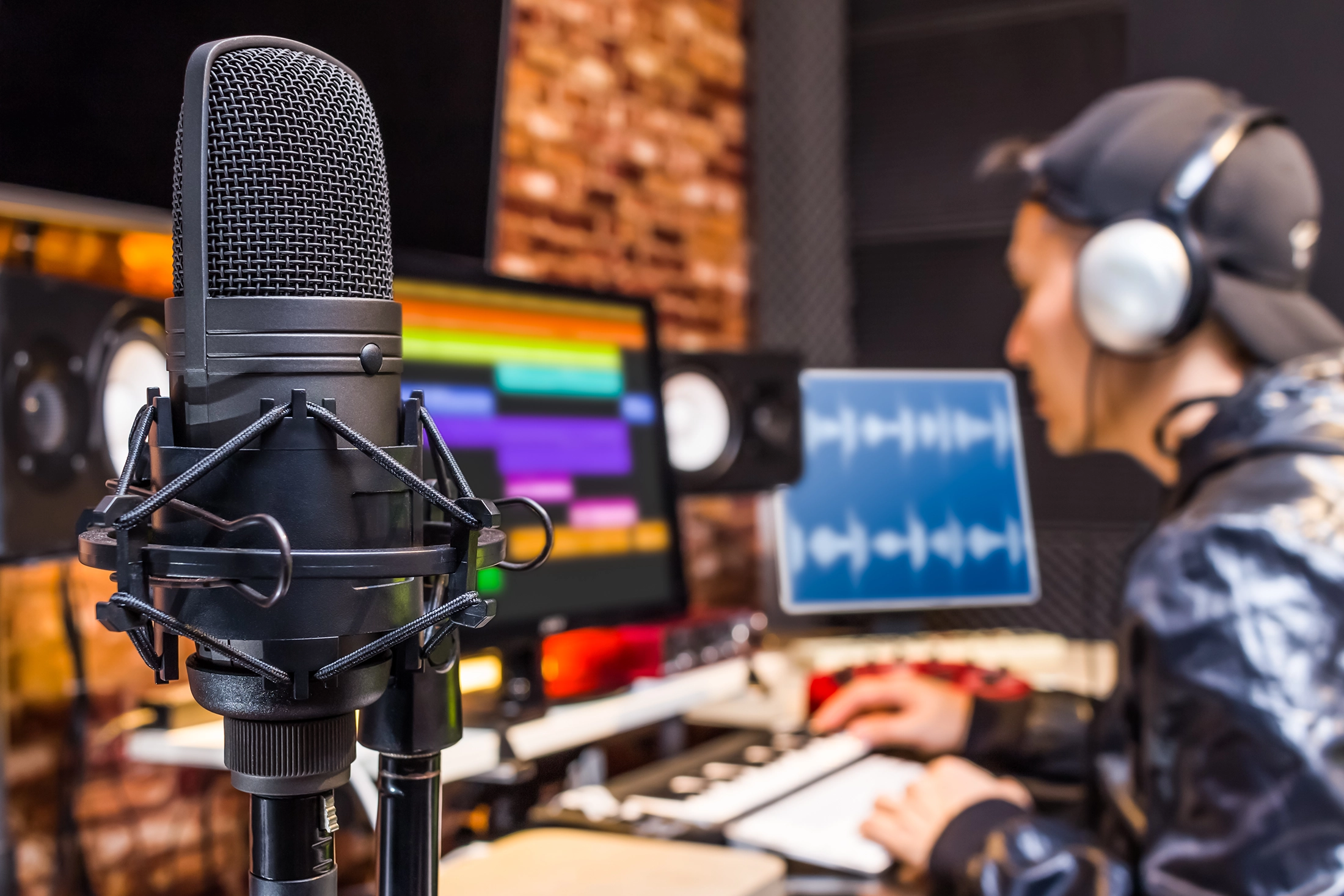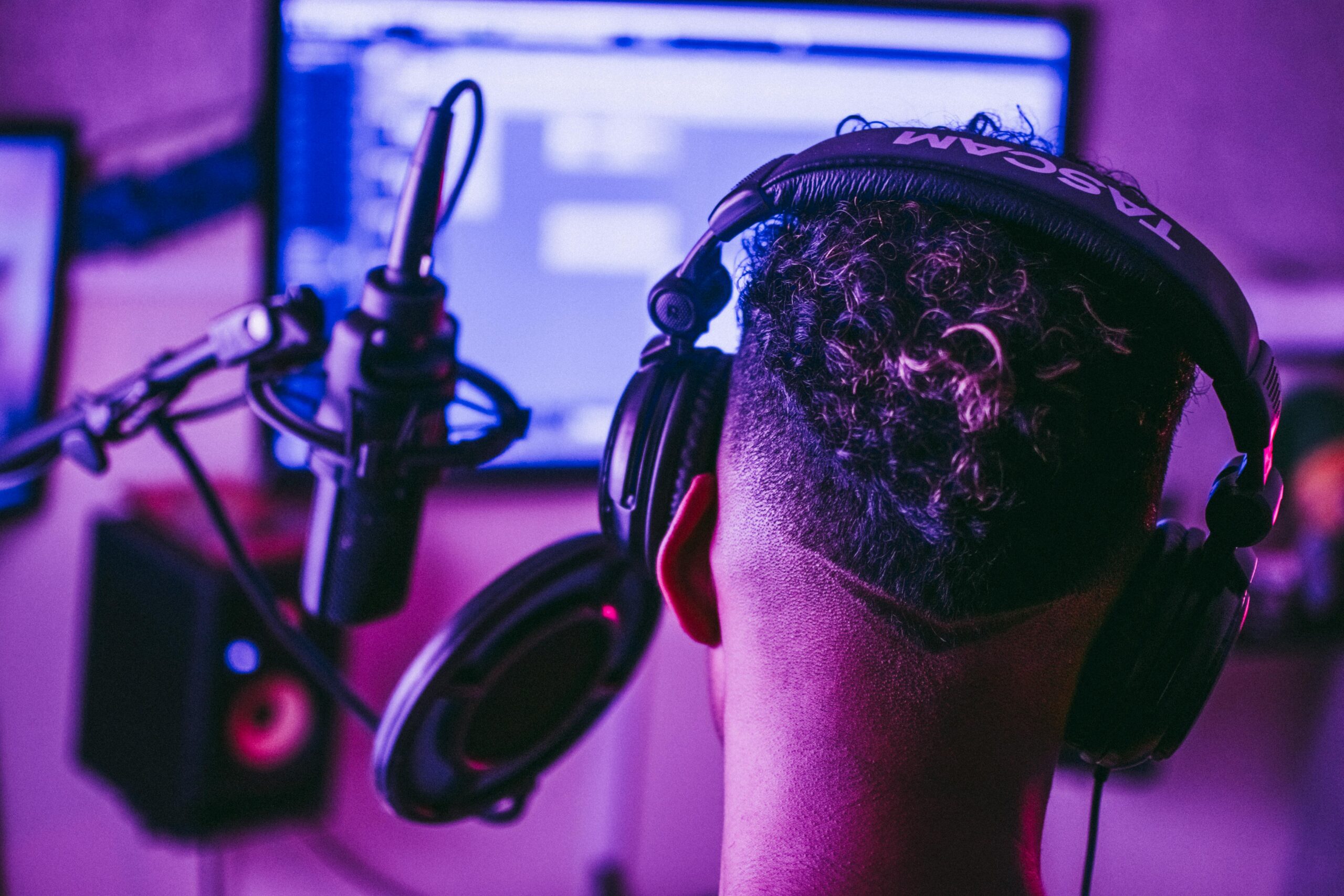
MUSIC
What You'll Learn About Music at an Audio Recording School
When people think about going to an audio recording school, they usually picture high-end gear, soundproof studios, and recording big tracks. And sure — that’s part of it. But what are the most important things you’ll dive into right away? Music itself.
Understanding how music works is essential for audio professionals.
Whether you're mixing a hip-hop vocal, recording a live band, or scoring sound for a video game, the ability to hear music on a deeper level gives you a serious edge.
Let’s break down what you’ll actually learn about music in an audio recording school — and why it matters.
1. Music Theory (Made Simple and Useful)
You don’t need to be a trained musician or memorize fancy terms to understand music. At an audio recording school, music theory is taught in a way that’s practical — the kind of stuff you’ll actually use when working with artists or building tracks.
At an audio recording school you’ll learn:
- Chords and scales – how they create mood and energy
- Song structure – what makes a chorus hit or a bridge shift the vibe
- Rhythm and timing – how grooves and beats are built
- Melody and harmony – how different elements work together
- Keys and changes – how to shift the tone without losing the feel
It’s not about perfection — it’s about learning to speak the language of music so you can collaborate, create, and sound more professional in any studio setting.
2. Critical Listening: Training Your Ears Like a Pro
Ever hear a song and instantly know the bass is off, or the vocal needs something? That’s not luck — that’s trained listening.
Audio recording schools help you develop the ability to:
- Hear individual layers in a mix
- Identify different frequencies (like bass vs. treble)
- Recognize how effects like reverb or compression are used
- Spot problems like distortion, phasing, or pitch issues
- Understand how space and dynamics shape a track
This skill set helps you make better decisions whether you're recording, mixing, editing, or just trying to make a track slap harder.
3. Understanding Music Across Genres
From trap and hip-hop to indie rock, EDM, pop, and metal — every genre has its own vibe, structure, and production style.
In an audio recording school, you’ll explore how music works in different styles so you can:
- Work confidently with artists in any genre
- Know what sounds “right” for different projects
- Expand your own creativity by learning new rhythms and textures
- Develop a wider ear, which helps you mix and produce more effectively
Even if you walk in with a specific taste, you’ll leave with a deeper appreciation for music you may not have explored before.
4. How to Work with Musicians (Even If You’re Not One)
One of the biggest wins in learning music is learning how to collaborate with people who make it.
Audio recording schools teach you how to:
- Understand what artists are asking for — even if they don’t use technical terms
- Suggest changes to a song that actually make it better
- Help a vocalist or band perform their best take
- Adjust mic placement or audio settings based on musical needs
- Be someone artists trust in the studio
You don’t have to play an instrument to be part of the creative process — but knowing the language of music helps you bring out the best in others.
5. Music in the Digital World: DAWs and Creation Tools
In today’s audio world, music and tech go hand-in-hand. Audio recording schools give you hands-on training in popular DAWs (Digital Audio Workstations) like Pro Tools, Logic Pro, or Ableton Live — tools that let you shape sound digitally.
At an audio recording school you’ll learn:
- How to use MIDI and virtual instruments
- How to lay down drum patterns and synth lines
- How to sample, loop, and arrange full songs
- How to mix and blend music digitally
- How to take musical ideas from scratch to finished track
Whether you're into producing beats, editing vocals, or designing full soundscapes, you'll gain the tools to build music in a modern workflow.
6. Music in Media: Emotion, Timing, and Sync
Music doesn’t just live in songs. It’s also the heartbeat of film, video games, podcasts, commercials, and social media.
In audio recording schools, you may also explore:
- How music creates mood and emotion in visuals
- How to time music to picture (scoring and syncing)
- How different musical choices change how people feel
- How to build custom music for different types of media
- The basics of music licensing and copyright
This opens up career paths beyond the studio — like audio for film, TV, gaming, or branded content.
7. Music as the Foundation of Audio Careers
No matter what direction you go — live sound, studio mixing, post-production, or producing your own music — your understanding of music becomes your foundation.
When you understand how music works:
- You make smarter choices in the studio
- You communicate better with artists
- You know how to fix issues quickly
- You can be more creative and confident
- You’ll stand out in a competitive industry
Audio recording schools help you build that foundation and then layer on the technical skills, gear knowledge, and real-world experience to turn your passion into a career.
Why This Matters to You
At the end of the day, music is probably the reason you're exploring audio recording schools in the first place.
But there’s a difference between loving music and knowing how to work with it professionally.
That’s what you’ll gain when you study music at an audio recording school — not just a deeper appreciation for your favorite songs, but the skills to shape music, support artists, and build a future doing what you love.

STILL NOT SURE WHERE TO START?
Answer a few questions and find a program that fits your goals.
